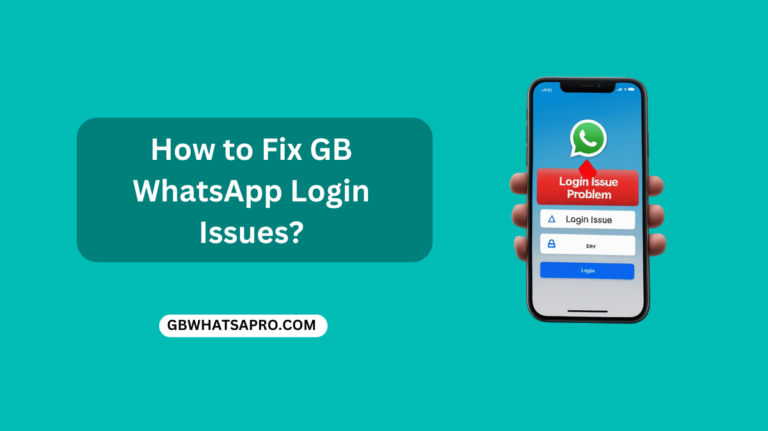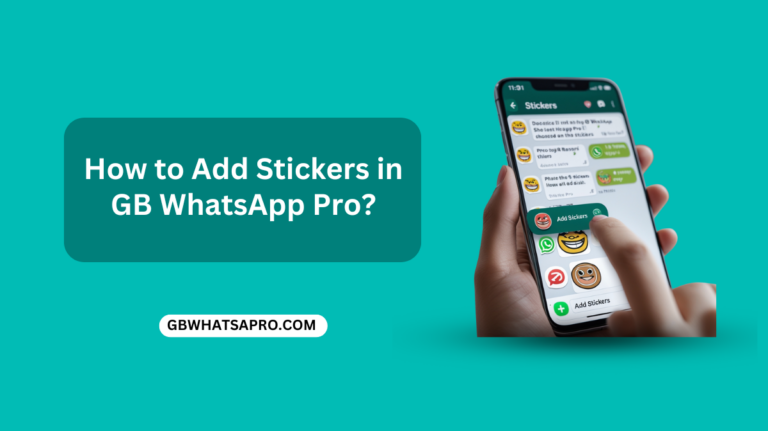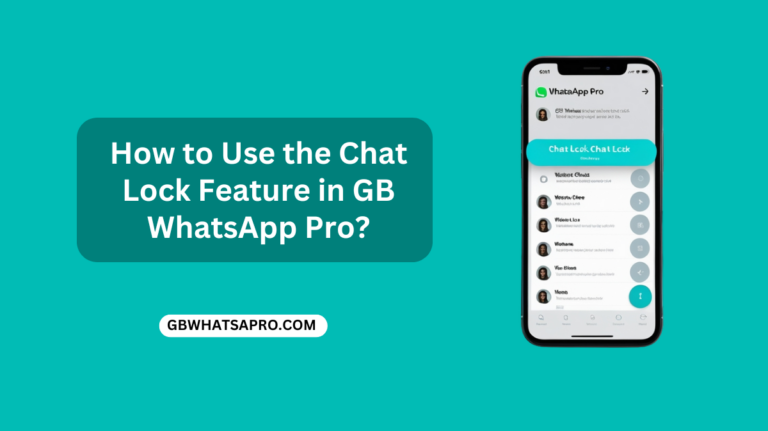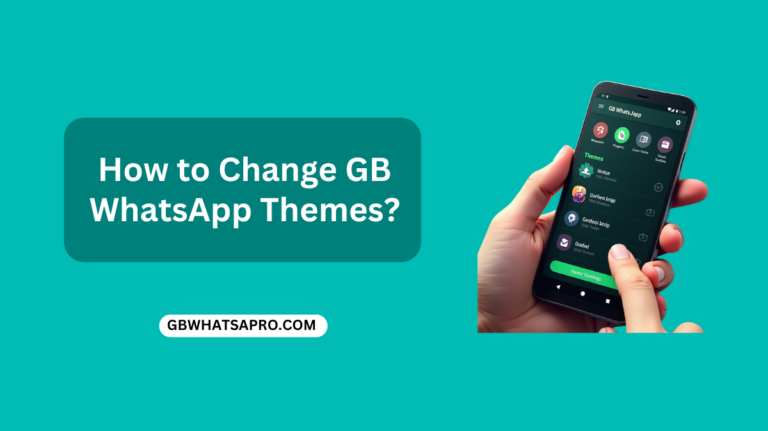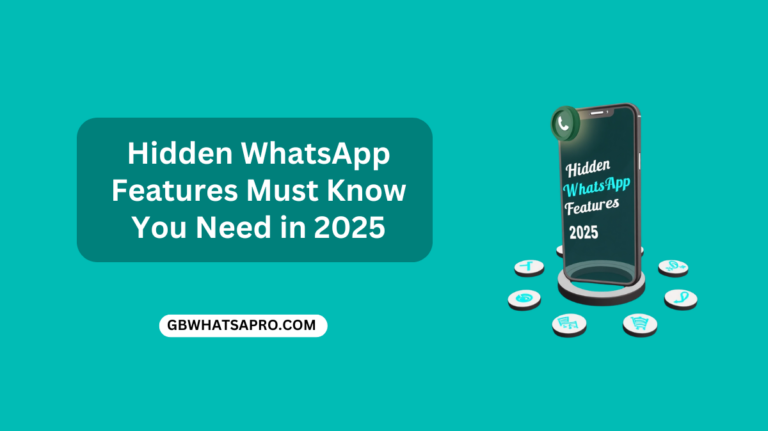WhatsApp vs Telegram | Which Messaging App Is Right for You?
Messaging apps have become essential tools for staying connected. Two popular options, WhatsApp and Telegram, offer unique features that might make one better suited for your needs than the other. Let’s explore both apps in depth to help you make an informed choice.
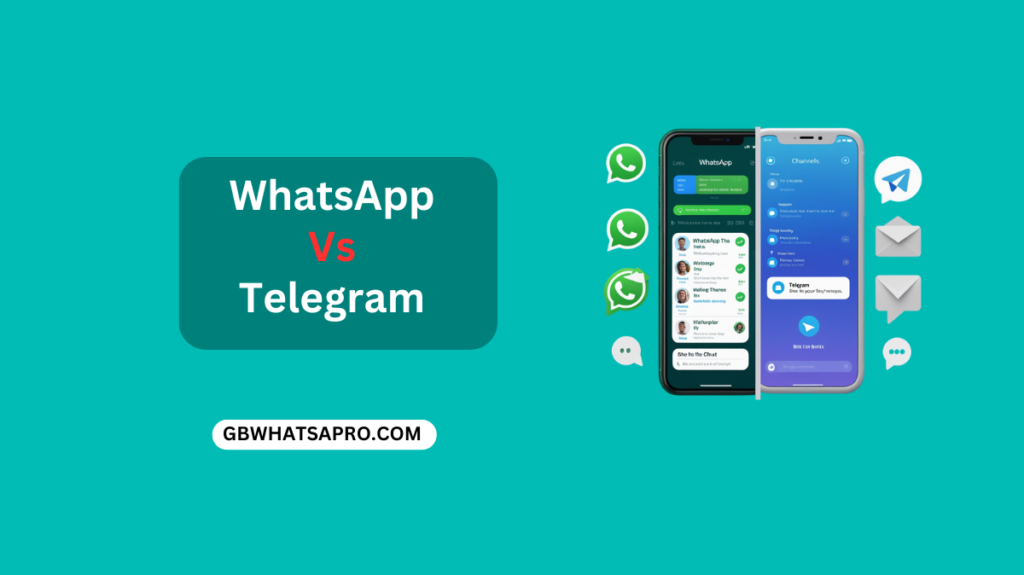
WhatsApp vs Telegram
WhatsApp and Telegram are both popular messaging apps with key differences. WhatsApp offers end-to-end encryption by default and is more widely used globally with a simpler interface. Telegram provides larger file sharing (up to 4GB), better multi-device support, and more customization options, including channels for broadcasting to large audiences.
| Feature | Telegram | |
|---|---|---|
| Maximum users in groups | 1,024 members | 200,000 members |
| File sharing limit | Up to 2GB | Up to 4GB |
| Encryption | End-to-end encryption for all chats | End-to-end encryption only in Secret Chats |
| Multi-device use | Limited to 4 linked devices | Unlimited devices with seamless syncing |
| Cloud storage | Limited (backups only) | Unlimited cloud storage |
| Customization | Basic themes and wallpapers | Extensive themes, folders, and personalization |
| User base | Over 2 billion users | About 700 million users |
| Unique features | Status updates, integrated payments | Channels, bots, scheduled messages |
| Username option | Phone number required | Can use username instead of phone number |
| Edit messages | Cannot edit after sending | Can edit messages anytime |
Summary: WhatsApp and Telegram help you chat with friends, but they work differently. WhatsApp is more popular and keeps all your messages private with special protection. Telegram lets you send bigger files and use it on many devices at once. WhatsApp is simpler to use, while Telegram has more cool features like bots and channels. Both are free and let you send messages, pictures, and make calls using the internet.
Understanding the Basics
What is WhatsApp?
WhatsApp started in 2009 and was later bought by Facebook (now Meta) in 2014. It quickly grew to become one of the world’s most popular messaging apps with over 2 billion users globally. WhatsApp lets you send text messages, make voice and video calls, share photos, videos, and documents, all through your internet connection instead of using your phone plan’s SMS service.
What is Telegram?
Telegram launched in 2013 as an alternative messaging platform focused on security and speed. Created by brothers Nikolai and Pavel Durov, Telegram has grown to over 700 million active users. Like WhatsApp, it offers messaging, calling, and file-sharing capabilities, but with some important differences in how these features work.
User Interface and Ease of Use
WhatsApp Interface
WhatsApp features a clean, straightforward design that most people find easy to navigate. The main screen shows your recent chats, with tabs for calls and status updates. The green color theme has become instantly recognizable, and most functions are just a tap or two away.
For new users, WhatsApp is quite intuitive. You can start using most features without needing to learn complicated settings or options. This simplicity is one reason why WhatsApp appeals to users of all ages, including those who aren’t very tech-savvy.
Telegram Interface
Telegram offers a similarly clean interface but with more customization options. The app uses a blue color scheme and provides quick access to chats, calls, and contacts. Telegram also includes a side menu that gives you access to additional features like saved messages, settings, and folders for organizing your chats.
While Telegram might seem slightly more complex at first, its additional features become valuable once you get used to them. The app allows for deeper personalization of your experience, which many tech-enthusiasts appreciate.
Privacy and Security Features
WhatsApp Security Approach
WhatsApp implemented end-to-end encryption for all messages in 2016. This means that only you and the person you’re messaging can read what’s sent—not even WhatsApp itself can access the content. This encryption applies to messages, calls, photos, videos, and documents you share.
However, WhatsApp’s connection to Meta (formerly Facebook) raises privacy concerns for some users. While message content remains encrypted, WhatsApp does collect some metadata—information about who you message and how often, though not what you say.
WhatsApp also offers:
- Disappearing messages that vanish after a set time
- Two-factor authentication for account security
- The ability to lock the app with biometric security (fingerprint or face recognition)
Telegram Security Approach
Telegram takes a different approach to security. Regular chats in Telegram are encrypted in transit but stored on Telegram’s servers. This allows for features like seamless multi-device access without needing your phone to be online.
For more sensitive conversations, Telegram offers “Secret Chats” that use end-to-end encryption. These chats are only accessible on the specific devices where they were created and offer features like self-destructing messages.
Telegram’s additional security features include:
- The option to use the app without linking to your phone number (using a username instead)
- More granular privacy controls for who can see your information
- A passcode lock for the entire app
- The ability to delete messages for both participants at any time
Group Chat Capabilities
WhatsApp Groups
WhatsApp allows you to create groups with up to 1,024 members. These groups include features like:
- Admin controls for managing who can send messages
- The ability to mention specific members
- Polls to gather opinions
- Group voice and video calls with up to 32 participants
- Communities feature for organizing related groups
The groups work well for family chats, friend circles, and small to medium-sized teams or communities.
Telegram Groups and Channels
Telegram takes group functionality to another level with:
- Groups of up to 200,000 members
- Channels with unlimited subscribers for broadcasting messages
- Bots that can automate tasks within groups
- Advanced admin tools and moderation features
- Polls, quizzes, and location sharing
- The ability to edit messages after sending them
For large communities, fan groups, or public discussions, Telegram’s group capabilities offer significantly more flexibility and features than WhatsApp.
File Sharing and Storage
WhatsApp File Sharing
WhatsApp allows you to share:
- Photos and videos (with some compression)
- Documents up to 2GB in size
- Voice messages
- Contacts and location data
Files sent through WhatsApp are typically stored on your device, taking up storage space. WhatsApp offers a cloud backup feature through Google Drive (Android) or iCloud (iOS), but this doesn’t free up space on your phone.
Telegram File Sharing
Telegram stands out with its generous file-sharing capabilities:
- Send files up to 4GB in size
- Store unlimited files in the cloud
- Access your files from any device
- Create folders to organize shared content
- Search through documents and media easily
Telegram functions partly as a cloud storage service, letting you send files to your “Saved Messages” chat for access across all your devices. This feature makes it excellent for keeping important documents handy without using your phone’s storage.
Calls and Video Chats
WhatsApp Calling Features
WhatsApp offers reliable voice and video calling options:
- One-on-one voice and video calls
- Group voice calls with up to 32 participants
- Group video calls with up to 32 people
- Screen sharing during video calls
- Background blur options
Call quality on WhatsApp is generally good, even on slower internet connections, and the integration with your existing chat history makes calling contacts seamless.
Telegram Calling Features
Telegram has been catching up in the calling department:
- One-on-one voice and video calls
- Group voice chats with unlimited participants
- Video meetings with screen sharing
- Background noise suppression
- End-to-end encryption for all calls
Telegram’s voice chat feature in groups allows for drop-in, drop-out conversations similar to platforms like Discord, which can be useful for community discussions or casual hangouts.
Customization and Extra Features
WhatsApp Extra Features
WhatsApp focuses on core messaging features but has added:
- Status updates that disappear after 24 hours
- Customizable chat wallpapers
- Dark mode
- Stickers and GIFs
- Catalog and shopping features for businesses
- WhatsApp Pay in some countries
The app prioritizes reliability and simplicity over extensive customization.
Telegram Extra Features
Telegram offers significantly more customization:
- Themes and custom chat backgrounds
- Animated stickers and emoji
- Scheduled messages
- Message translation
- Mini-apps within Telegram
- Advanced search functions
- Folders for organizing chats
- Username instead of phone numbers
- Anonymous posting in groups
- Edit messages after sending
- Telegram bots for automation and games
These extra features make Telegram more versatile but can also make it feel more complex to new users.
Platform Availability and Syncing
WhatsApp Across Devices
Until recently, WhatsApp was primarily phone-focused. Now it offers:
- WhatsApp Web for desktop use (requires phone connection)
- Multi-device support (beta) allowing use on up to 4 devices without your phone
- Apps for Windows and Mac
- Does not have a native iPad app
Your WhatsApp account is tied to your phone number, and traditionally, you could only use it on one phone at a time, though multi-device support is improving this limitation.
Telegram Across Devices
Telegram was designed for true multi-device use:
- Use on multiple phones simultaneously
- Native apps for Windows, Mac, and Linux
- iPad app available
- Web version that works independently
- Seamless syncing across all devices
- Can use without a phone number (username only)
This flexibility makes Telegram particularly useful for people who regularly switch between devices or need to access messages on multiple platforms.
Data Usage and Performance
WhatsApp Performance
WhatsApp is designed to work well on various network conditions:
- Optimized for low-bandwidth connections
- Automatic media compression to save data
- Offline message queuing
- Low-data voice calls
- Data usage controls in settings
The app performs reliably even in areas with spotty internet connections, making it popular globally, including in regions with limited internet infrastructure.
Telegram Performance
Telegram emphasizes speed and efficiency:
- Uses a custom data protocol for faster message delivery
- Better performance on weak internet connections
- Cloud-based structure reduces device storage needs
- More efficient media compression
- Scheduled downloads to save mobile data
Telegram’s architecture often results in faster message delivery, especially in large groups or when sending media files.
Business and Professional Use
WhatsApp for Business
WhatsApp offers business-specific features:
- WhatsApp Business app for small businesses
- WhatsApp Business API for larger companies
- Verified business profiles
- Automated messages and quick replies
- Catalogs to showcase products
- Customer service chat tools
- Integration with Facebook Shops
These tools make WhatsApp useful for customer service and small-scale commerce.
Telegram for Business and Projects
Telegram offers different advantages for professional use:
- Channels for broadcasting to large audiences
- Bots for customer service and automation
- Large group capabilities for team coordination
- Advanced poll features for gathering feedback
- File storage and organization
- Public groups for customer communities
Telegram’s flexibility makes it suitable for project management, community building, and content distribution.
Community and User Base
WhatsApp Global Reach
WhatsApp boasts over 2 billion users worldwide and is the dominant messaging app in:
- India
- Brazil
- Mexico
- Many parts of Africa
- Several European countries
Its widespread adoption means you’re more likely to find your friends and family already using it, especially older relatives or those less tech-savvy.
Telegram Growing Community
Telegram has over 700 million active users with particularly strong presence in:
- Russia and former Soviet countries
- Parts of the Middle East
- Tech-savvy communities worldwide
- Privacy-conscious users
- Large interest-based communities
Telegram’s user base tends to be more tech-oriented and privacy-conscious, with many users attracted by its advanced features and community tools.
Privacy Concerns and Controversies
WhatsApp Privacy Issues
WhatsApp has faced several privacy controversies:
- Acquisition by Facebook/Meta raised data-sharing concerns
- 2021 privacy policy update caused user backlash
- Metadata collection despite message encryption
- Backup vulnerabilities in some configurations
- Default settings that may share more data than users realize
These concerns have led some privacy-conscious users to explore alternatives.
Telegram Privacy Considerations
Telegram has its own privacy considerations:
- Standard chats are not end-to-end encrypted by default
- Has faced government restrictions in some countries
- Questions about the security of its custom encryption protocol
- Stores contact information on its servers
- More open platform can expose users to scams in public groups
Understanding these considerations can help you make choices that match your privacy needs.
Making Your Choice: Which App Is Better for You?
Choose WhatsApp If:
- Most of your friends and family already use it
- You prefer simplicity and ease of use
- You want reliable end-to-end encryption for all chats
- You need good voice and video calling features
- You use one primary phone for messaging
- You’re looking for a straightforward, no-frills messaging experience
Choose Telegram If:
- You use multiple devices and want seamless syncing
- You need to send large files frequently
- You participate in large groups or communities
- You want more privacy control and customization options
- You value additional features like scheduled messages and bots
- You prefer cloud-based storage to access messages anywhere
- You’re concerned about WhatsApp’s connection to Meta
Using Both Apps
Many people choose to use both apps for different purposes:
- WhatsApp for close friends and family
- Telegram for interest groups, communities, and file storage
This approach lets you enjoy the benefits of both platforms while minimizing their limitations.
People Also READ: What is GB WhatsApp?
Conclusion
Both WhatsApp and Telegram offer excellent messaging experiences, but with different strengths. WhatsApp excels in simplicity, widespread adoption, and consistent encryption across all chats. Telegram stands out with its flexibility, feature richness, and multi-platform capabilities.
Your choice ultimately depends on your specific needs, which friends and family members you want to stay connected with, and how much you value additional features versus simplicity. Many users find that using both apps for different purposes provides the best overall messaging experience.
As messaging technology continues to evolve, both platforms will likely add new features and address current limitations. Staying informed about privacy policies and security updates for whichever app you choose helps ensure your conversations remain as private and secure as possible.
Frequently Asked Questions
Is WhatsApp or Telegram more secure?
Both apps offer security features, but in different ways. WhatsApp provides end-to-end encryption by default for all messages. Telegram offers end-to-end encryption only in “Secret Chats,” but provides more privacy controls and the option to use the app without sharing your phone number.
Can I use WhatsApp and Telegram on multiple devices?
Telegram was designed for true multi-device use and works seamlessly across phones, tablets, and computers simultaneously. WhatsApp has traditionally been more limited but is expanding its multi-device capabilities, now allowing use on up to four linked devices even when your phone is offline.
Which app is better for large groups?
Telegram has stronger features for large groups, supporting up to 200,000 members and offering more administrative tools. WhatsApp limits groups to 1,024 members and has fewer group management features.
Do WhatsApp and Telegram compress photos and videos?
Both apps compress media by default to save data. WhatsApp typically compresses more heavily, which can reduce quality. Telegram offers options to send media without compression and has better file-sharing capabilities overall.
Can I delete messages after sending them?
Both apps allow this, but with differences. WhatsApp lets you delete messages within a limited time window. Telegram allows you to delete messages at any time, with no time limit, and for both yourself and the recipient.
Which app uses less mobile data?
Both apps are optimized for data usage, but Telegram often performs better on weak connections and offers more control over when and how media is downloaded. WhatsApp provides data-saving options in its settings that can help reduce consumption.
Can businesses use these apps for customer service?
Yes, both platforms offer business solutions. WhatsApp has a dedicated Business app and API with features for catalogs and automated responses. Telegram offers bots, channels, and large group capabilities that can be utilized for business purposes.

